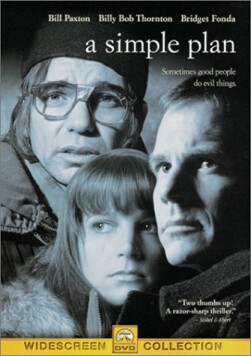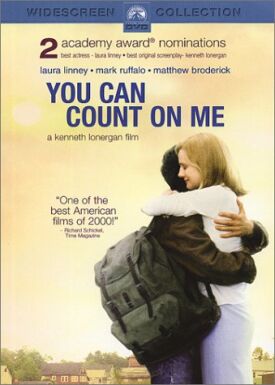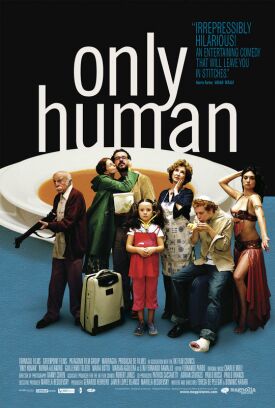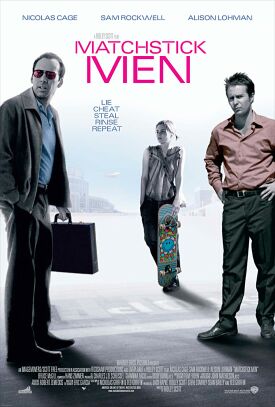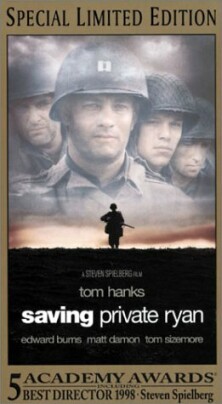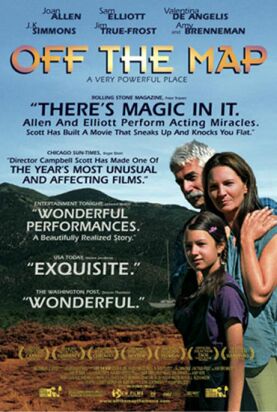Simple Plan, A
I tried very hard to like A Simple Plan, written by Scott B.Smith and
directed by Sam (Evil Dead) Raimi, but I was only partly successful. The
movie seems to have been heavily influenced by Fargo, right down to the
vast and snowy prairie landscapes and the unexpectedly satisfying moralism of the ending,
and, insofar as it is, like Fargo, a blow struck against
Hollywood’s prevailing nihilism, I
welcome it. But it doesn’t have
Fargo’s subtlety or cleverness
or its painterly visual sense. More seriously, I
don’t think that the Simple
Plan’s ending quite justifies
itself. It depends upon two extravagant, even self-consciously cinematic
gestures, neither of which, I thought, manages to get even close to
believability, given what we know of the two characters that perform them.
Up until that point in the proceedings, however, the story it has to tell is
a compelling one, and the narrative energy and well-wrought characterization
with which it is told certainly makes it a film worth seeing. It concerns the
discovery by two mid-western yokels, Jacob (Billy Bob Thornton) and Lou (Brent
Briscoe), and Hank (Bill Paxton), the college-educated brother of Jacob, of a
downed light aircraft in a remote and snowy forest. On board are the dead and
partially decomposed body of the pilot, being pecked at by carrion crows, and a
gym bag containing $4.4 million in hundred dollar bills. Like all the best
morality plays on celluloid, it presents us with a situation that all but cries
out to us, “What would you
do?”
At first, Hank is the voice of reason and social responsibility, insisting
that they must inform the police, while the two yokels urge him to join with
them in keeping it.
“It’s
the American dream in a goddamn gym
bag,” says Lou, but Hank points out
that “You work for the American dream,
you don’t steal
it.” It is clear that the other two
rather look up to him, even if they also resent him for being better educated
and therefore having more opportunity than they do, and they will probably do
what he tells them to do. But instead of insisting on what he obviously knows to
be right, Hank yields to their entreaties to be allowed to keep the
money — on the condition that he, Hank,
be given sole charge of the stash, to hold it for a year until he can determine,
all by himself, whether or not they will be allowed to keep it. This stipulation
they go along with, since Hank says it is the only way he will consent to
anything other than an immediate call to the police.
Hank insists that Lou not even tell his wife about the money, though he
doubts that he will be able to keep the secret. Lou extracts a promise from him
that he will not tell his wife, Sarah (Bridget Fonda) either, but no sooner does
he get home than he starts to hint about his big discovery. This is mostly
because he wants some reassurance from Sarah that his conscience need not
trouble him. At first when the thing is merely hypothetical, she takes the same
moral line that he had taken with his two companions.
“I
wouldn’t take
it,” she says.
“That’s
just me, but I
wouldn’t.”
But as soon as she learns that there really is a pile of money to which they
might help themselves, she becomes more of a schemer to keep it than he does.
She is also clearly the cleverer, or at least the more devious of the two, and
she tells Hank that they have to be careful from now on:
“We have to be thinking ahead all the
time.”
And so they do, because things start going wrong with terrifying speed. Lou
wants some money to pay off gambling debts and threatens to tell if he
doesn’t get it. At
Sarah’s urging, they decide to put
some of the money back to throw off suspicion when the plane is found in the
spring, but the unexpected threat of discovery makes them take desperate action.
They find out that the money was to pay the ransom for a kidnap victim who was
later killed, which makes the moral case for returning it all the stronger at a
time when it is becoming more and more unthinkable to them that they should give
up their expectations of it. “We
can’t say it
isn’t stealing
anymore,” says Hank ruefully.
“It’s
always been stealing, Hank,” says
Sarah. “We just
didn’t know who
from.”
The three conspirators begin falling out among themselves. The two brothers
gravitate to each other to exclude Lou, the outsider, but there are also
tensions between them. Jacob wants to use the money to buy back their
father’s farm. Hank knows that Jacob
could not begin to farm the place by himself, but he is shamed into cooperation
with his scheme because Jacob insists that their
father’s bankruptcy, which led to his
suicide, was owing to the sacrifices he had made to put him, Hank, through
college. Also, Jacob’s rather pathetic
stupidity is played up and makes Hank feel even more guilty. Meanwhile, Lou is
threatening to blackmail the other two, and Sarah cooks up another one of her
devious and dangerous schemes to shut him up. And then an FBI man, who may or
may not be a real FBI man, turns up and starts asking questions.
As an illustration of the time-honored fictional principle that criminal
greed only leads to misery and never to its promised happiness, this film is
something of a throwback, as I have said. For this it deserves praise and a
place among the two or three dozen best conservative movies of the year. But
none of the major characters save Lou lives up to our expectations of them, and
the moral ending ends up looking tacked on. Still, I suppose we should be
grateful for any moral seriousness we can get from the movies these days.
Discover more from James Bowman
Subscribe to get the latest posts to your email.

